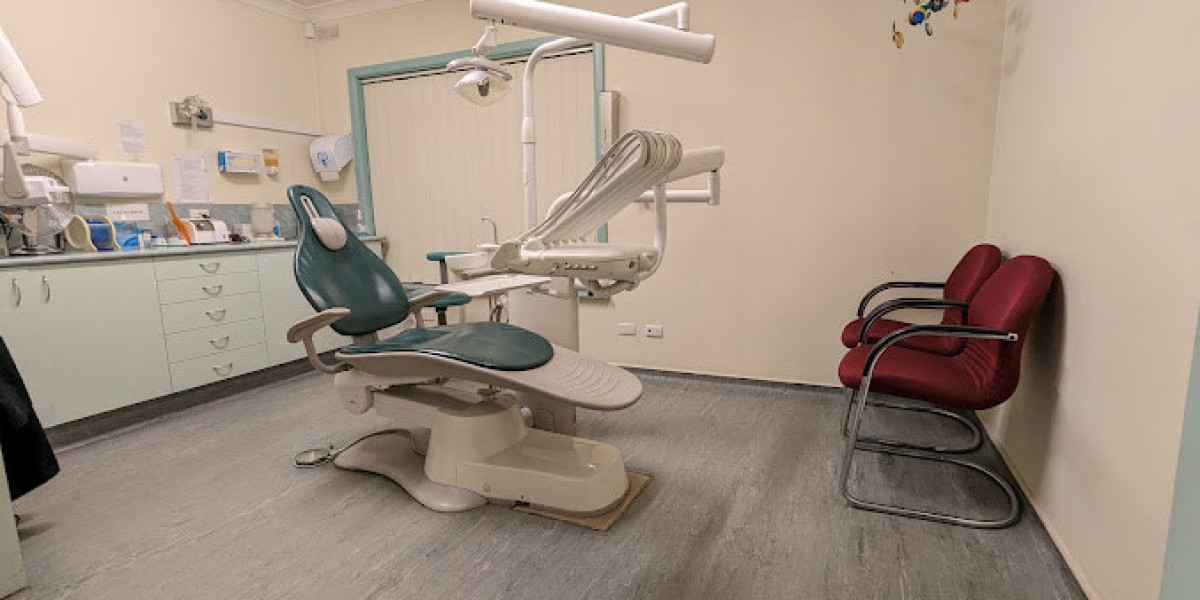In the world of cosmetic dentistry, dental veneers have emerged as a popular solution for individuals seeking to enhance their smiles. These thin, custom-made shells of tooth-colored materials are designed to cover the front surface of teeth, addressing a range of dental issues from discoloration to misalignment. If you’ve ever felt self-conscious about your smile, dental veneers might be the answer. This article will explore when to consider dental veneers, the various dental issues they can address, and the benefits and drawbacks of this transformative treatment.
Understanding Dental Veneers
Dental veneers are typically made from either porcelain or resin composite materials. Porcelain veneers are known for their durability and stain resistance, while resin composite veneers can be applied in a single dental visit, making them a convenient option. The process generally involves an initial consultation, where the dentist assesses your dental health and discusses your aesthetic goals. If veneers are deemed suitable, the dentist will prepare your teeth by removing a thin layer of enamel, ensuring that the veneers fit snugly. Finally, the custom veneers are bonded to your teeth, providing an instant smile makeover.
Common Dental Issues Addressed by Veneers
Dental veneers can effectively address a variety of cosmetic dental issues. One of the most common reasons people seek veneers is to correct tooth discoloration. Whether due to age, certain medications, or lifestyle choices like smoking and drinking coffee, discolored teeth can impact self-esteem. Veneers can provide a brighter, more uniform appearance. Additionally, veneers can cover chipped or cracked teeth, restoring their natural look and function, which is especially important for maintaining oral health.
Gaps and Misalignment
Another significant issue that veneers can address is the presence of gaps between teeth, known as diastema. For many individuals, gaps can create an uneven smile that affects overall confidence. Veneers can be designed to fill these gaps, creating a seamless appearance. Similarly, if you have slightly misaligned teeth but do not want to undergo extensive orthodontic treatment, veneers can provide a cosmetic solution by giving the illusion of straightened teeth. This non-invasive approach to alignment can be particularly appealing for adults seeking a quick fix.
Worn Down Teeth
Teeth can become worn down over time due to factors such as grinding (bruxism), acid erosion, or general wear and tear. Worn-down teeth can lead to sensitivity, discomfort, and aesthetic concerns. Dental veneers can restore the natural length and shape of the teeth, providing both functional and cosmetic benefits. By covering the worn surfaces, veneers can enhance the overall look of your smile and improve bite function.
Gingival Recession and Gum Issues
Gingival recession, where the gums pull back from the teeth, can expose the roots and lead to aesthetic concerns as well as increased sensitivity. In cases where the recession is not severe enough to require grafting, veneers can be used to cover the exposed areas, improving the smile's appearance. It’s important to note that while veneers can address the cosmetic aspects of gum issues, underlying periodontal problems should be treated by a dental professional to maintain overall oral health.
Considerations Before Getting Veneers
Before moving forward with dental veneers, there are several factors to consider. First, it’s essential to have a thorough dental examination to ensure that you are a suitable candidate. Issues such as severe decay, gum disease, or inadequate enamel may preclude the use of veneers. Additionally, it’s important to have realistic expectations. While veneers can significantly enhance your smile, they may not address all underlying dental problems. Consulting with a cosmetic dentist can help clarify what results are achievable based on your unique dental condition.
The Benefits of Dental Veneers
The advantages of dental veneers are numerous. They offer a quick and effective way to improve the appearance of your teeth, often requiring just two visits to the dentist. Veneers are also versatile, addressing multiple aesthetic concerns simultaneously. Additionally, porcelain veneers are highly durable and can last anywhere from 10 to 15 years with proper care, making them a long-term investment in your dental health. Furthermore, the minimally invasive nature of the procedure often results in less discomfort compared to other cosmetic dental treatments.
Potential Drawbacks
Despite their many benefits, dental veneers are not without drawbacks. The process is irreversible; once enamel is removed to accommodate the veneer, the natural tooth structure cannot be restored. Additionally, while porcelain veneers are resistant to stains, they can be subject to chipping or cracking under excessive force, so patients should avoid habits like nail-biting or using teeth as tools. Lastly, veneers can be more expensive than other cosmetic options, leading some individuals to consider alternative treatments such as teeth whitening or orthodontics.
Conclusion: Is a Smile Makeover Right for You?
Dental veneers can be a transformative solution for individuals struggling with various dental issues, from discoloration to gaps and misalignment. With their ability to enhance appearance and restore confidence, veneers are a popular choice in cosmetic dentistry. However, it’s crucial to weigh the pros and cons and consult with a qualified dental professional to determine if they are the right option for you. Ultimately, a beautiful smile can significantly enhance self-esteem and improve quality of life, making the investment in dental veneers worth considering.



